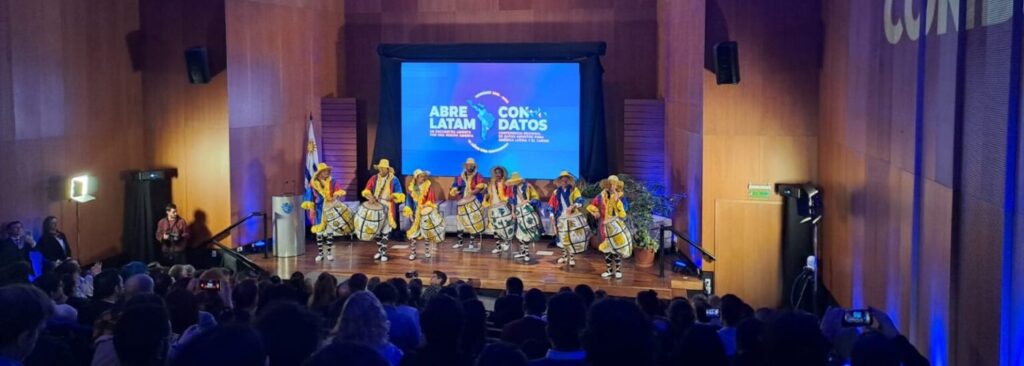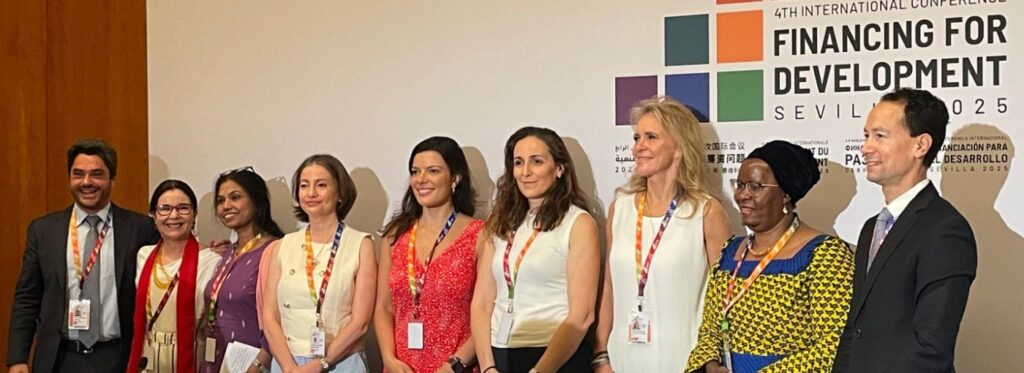Kenya’s creative sector has often been referred to as a sleeping giant. While the country’s economy is the biggest in Eastern Africa, its growing fashion and creative industry continues to face serious challenges in regional and global expansion.
The Kenya fashion sector is currently disjointed with different value chain players participating in their own silos without a united front. Businesses in the sector have experienced stunted growth due to limited capital, business skills gaps amongst entrepreneurs and lack of proper understanding of the market. Further to this, recent statistics indicate 2.2 million Medium and Small Enterprises (MSMEs) in the sector were closed in the last two years due to regulatory, financial and technical challenges.
With a resolve to address these growing challenges, Kenya’s Ministry of Industry, Trade and Cooperatives, in partnership with the Strategic Design Consortium and the Commonwealth Fashion Council, organised a fashion round table on 20 November 2017 to activate a National Fashion Council for the prosperity of the Kenya fashion industry, globally and nationally.
Speaking during the event, Hivos East Africa’s Regional Director, Mendi Njonjo, welcomed the move to set up the Kenya Fashion Council, enabling an environment that will spur growth and innovation and creation of jobs especially for women and youth. ‘’The Council presents an opportunity to the government, private sector, designers and other development partners to coordinate better at various levels for the benefit of the fashion industry. I am looking forward to a more coherent and supported industry that works for women and young designers,‘’ she said.
Kenya Bankers Association Chief Executive Officer, Habil Olaka, said that financing remains one of the biggest challenges of accelerating growth in the sector as most banks have not been keen on providing loans to entrepreneurs. He also noted that most entrepreneurs in the fashion industry do not have the necessary skills to financially manage businesses.
In his closing remarks, Rajeev Arora, Technical Adviser for textiles and apparel at the Kenyan Ministry of Industry, Trade and Cooperatives, spoke of the government’s commitment to establish industrial parks for fashion entrepreneurs and to leverage public-private partnerships to facilitate development of small and medium enterprises policies.
For the past 10 years, Hivos has been supporting creatives and artists in their own independent, collaborative and innovative ways to trigger imagination, critical thinking and opening up of societies in East Africa.
In collaboration with The Nest, Hivos has developed HEVA Capital, a non-bank financial facility for startups and early stage creative industry ventures that also uphold community values. Its aim is to deepen financial inclusion, create new productive capacities and develop a local peer-led debt financing and equity investment facility. The financing structure was set up to help reduce inaccessibility of financing for creative industry start-ups and SMEs. This then set them up to achieve meaningful commercialization.
Hivos, in partnership with other development partners, has been engaging in this sector for the past year with a view to identify areas that need support to unlock the full potential of MSMEs, especially those targeting women and youth entrepreneurs, to promote inclusive and sustainable growth. Hivos also commissioned a study to facilitate a better understanding of the challenges and opportunities in the sector so as to fully integrate MSMEs, particularly fashion designers and tailors, into the National Cotton-to-Fashion Value Chain.




